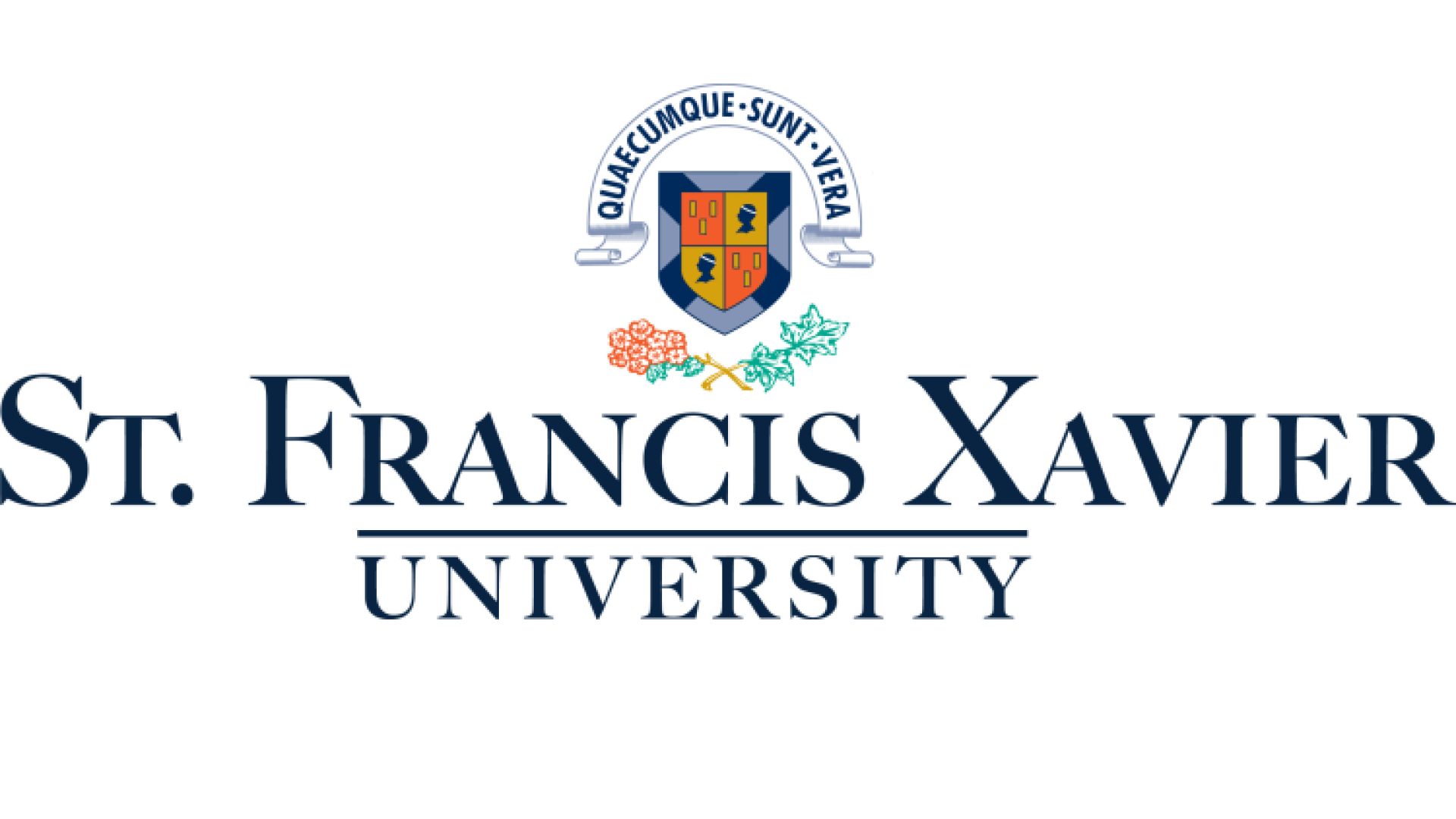
Four research projects at StFX, that range from optimizing care of infants during painful procedures to work on marine biofouling, are receiving over $400,000 in funding from the Canada Foundation for Innovation (CFI) for the tools the researchers need to stay ahead and to excel.
The Government of Canada, through the CFI, is giving more than $96 million in funding to support 377 new research infrastructure projects at 55 institutions from coast to coast. This total includes more than $22 million under the CFI’s Infrastructure Operating Fund to assist institutions with the incremental operating and maintenance costs associated with the new infrastructure. This funding—made through the CFI’s John R. Evans Leaders Fund (JELF)—helps universities attract and retain top research talent from around the world by providing researchers with the highly specialized infrastructure they need to be leaders in their field.
At StFX, the CFI is supporting four projects with a combined research infrastructure funding total of $411,615. Research Nova Scotia (RNS) is an important funding partner for CFI-approved projects at Nova Scotia's post-secondary education institutions. RNS is providing 1 to 1, dollar for dollar, matching funds to support the projects awarded to Drs. Rodela, Wyeth, Bishop, Toxopeus, and Bertin, totalling at $349,049. These contributions help ensure the viability of the projects.
The four projects funded by CFI include:
• Dr. Tammy Rodela (Biology), Comparative and Environmental Physiology Facility (CEPF), $74,065
• Dr. Erwan Bertin (Chemistry), Pulsed Laser Ablation in Liquids – A New Green Technique to Prepare Electrocatalysts, $74,984
• Drs. Russell Wyeth; Cory Bishop; and Jantina Toxopeus (Biology), Laser Scanning Confocal Microscope for Cellular Studies, $200,000
• Dr. Britney Benoit (Nursing), Optimizing the Measurement and Management of Infant Pain: A Translational Clinical Program of Research, $62,566
ADVANCE RESEARCH

“I am very grateful to receive this funding to establish a dedicated lab to advance research for the care of infants and families,” says Dr. Benoit, whose research program aims to optimize care of infants during painful procedures through understanding the effect of parent-led pain management interventions (such as breastfeeding and parent-infant skin-to-skin contact), advancing understanding of how to best measure newborn pain, and translating this evidence into hospital and community care of infants.
“This equipment will specifically allow for the completion of research aimed at understanding and supporting best-practice strategies for assessing and managing pain in newborns when they are undergoing painful procedures required as part of routine clinical care. This infrastructure will enable the completion of interdisciplinary work that engages researchers, healthcare providers, trainees, and parents to generate findings that can have a direct impact on health outcomes for infants and their families,” she says.



Drs. Wyeth, Bishop and Toxopeus are also looking forward to the research the funding will help enable. “We in the Biology Department are really excited about being able to replace our aging confocal microscope with such a modern sophisticated device. It will be used by several faculty (and their students) in the department and by others on campus,” they say.
This project acquired a laser scanning confocal microsope in support of several research programs in Biology. The microscope will allow detailed analysis of cellular and subcellular structures to better understand biological processes at those size scales. The projects include work on marine biofouling (the growth of organisms on surfaces) by Drs. Wyeth and Bishop, investigation of the structure of the nervous systems in slugs and snails by Dr. Wyeth, investigation of a symbiosis between a single celled algae and amphibians by Dr. Bishop, and a project initiated by newest faculty member, Dr. Toxopeus, that tackles the cellular mechanisms that allow insects to tolerate being frozen.

In the Chemistry Department, Dr. Bertin says the CFI-RNS grant will allow his group to investigate a novel technique, pulsed laser ablation in liquids (PLAL in short), to prepare nanoparticle electrocatalysts. “PLAL has the advantage of being both an environmentally friendly synthesis technique, and a fairly easy one to scale up. The nanomaterials produced can be used in a variety of applications, ranging from medical contrast agents to catalyst in fuel cells for tomorrow’s hydrogen cars,” he says. “In this project, we are interested in preparing catalysts for a CO2 electrolyzer, a device that will convert, using electricity, CO2 into more useful products.”

Dr. Tammy Rodela says this timely investment in infrastructure from CFI and Research Nova Scotia will support integrative studies to understand how fish structure their biological responses to multiple environmental stressors. “Funds will be used to create state-of-the-art zebrafish facilities that enable the precise control of environmental conditions and purchase specialized laboratory equipment. This CFI and Research Nova Scotia support expands the depth and breadth of facilities at StFX and creates excellent research opportunities for undergraduate and graduate students.”

